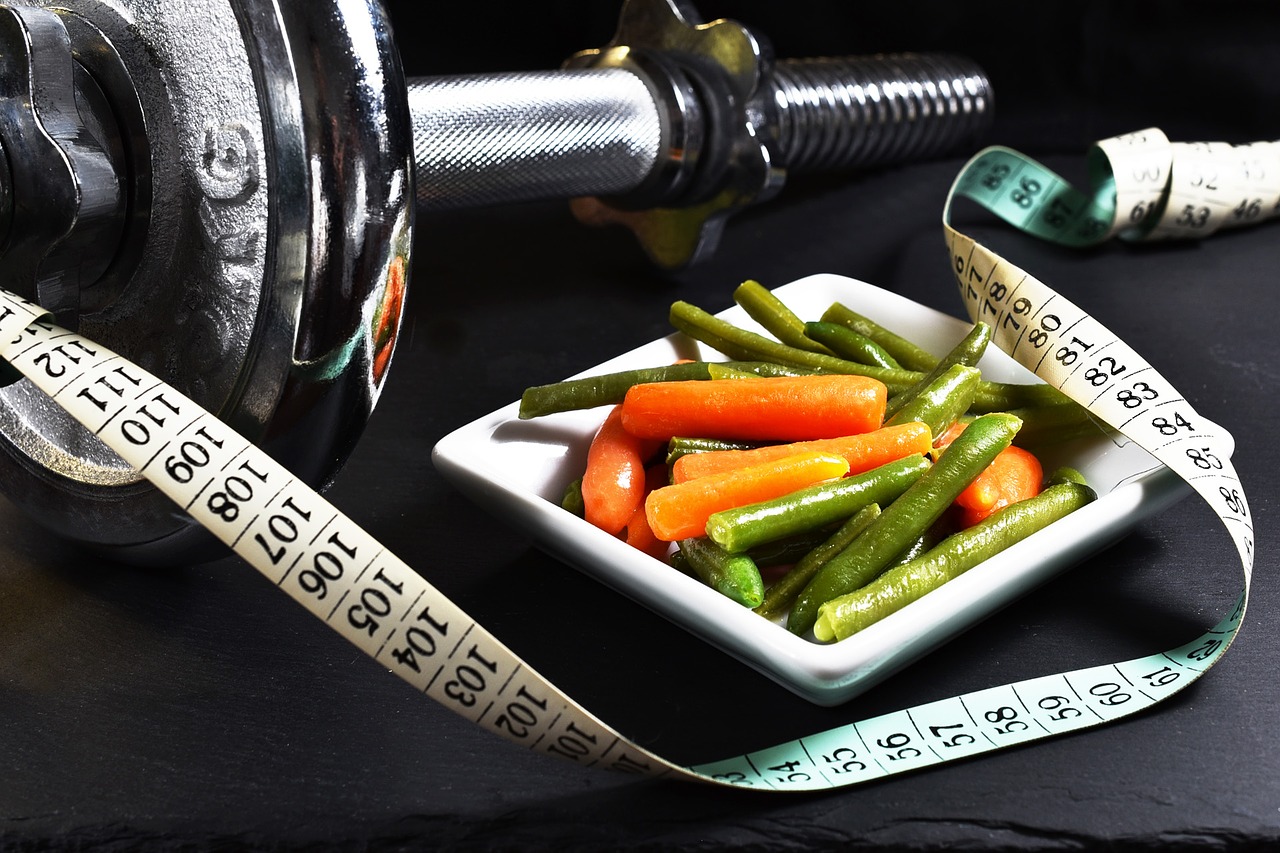Even if you never thought you actually would, quitting smoking probably does occasionally cross your mind every now and then, right? The whys, of course, stem from both personal and social demands… It is a health risk, that girl you were dating didn’t like the smell, etc. But what else would you do while standing around the bar? And could you even break a habit that you have been accustomed to for so long?
E-cigarettes are the millennial approach to either lessening or saying no to cigs once and for all. They bring all of the satisfying attributes of smoking without the adverse health effects, smell, or social trade-offs. And better yet, it can actually be cheaper as well as better for the environment. But the question remains: Can vaping really help you kick your smoking cigarette?
No-Pressure Approach:
Simply the thought of quitting smoking comes with a lot of anxiety. It’s hard, and we completely understand. Dropping it cold-turkey can leave you really sick, depressed, or in a cycle of emotional turmoil. But it doesn’t have to be that way at all.
Making a trade-off with e-cigarettes, even if you just start off slow, can turn your habit around in a way that won’t feel completely forced. Most people who have used this method to quit have found that the pressure to quit is inherently gone and they feel like the transition is basically non-existent. Doesn’t that sound great?
A Trade-Off:
Some of us know that half of the habit is psychological, meaning that you really just need to have something in your hand that you can take a puff on. This aspect is another reason why e-cigs are an easy solution to the problem.
Not only do we use cigarettes to carry our own personal habits, but we enjoy having them there during the conversation. It can seem like every social setting, especially bars, call for a cigarette. With social settings especially, it can be compelling to join the smoking crowd or step outside and even strike up a conversation with strangers while smoking. With e-cigs you will still be able to participate and not feel left out or awkward.
As for culture, there really is nothing like smoking a rolled-up cig, but the e-cig generation is building, and most of us can say that it in itself is becoming closely connected to our culture. Once you get in the vape scene, you will fall in love with all of the different aspects, styles, vape flavors, and best of all, the friends that you can enjoy it with.
Reduced Risks and Your Health:
The bottom line for most of us is that we know smoking is very unhealthy for us. Our lungs, heart, mouth, all of it is affected by tobacco, and every day it persists is fewer days that we will see in the end.
E-cigs have not rightly been proven to be healthy but they have shown results that make them much less toxic to our bodies than actual cigarettes. Most research has shown that a reduced risk of heart attack occurs when you drop smoking.
Furthermore, most e-cig users agree that since making the switch, their lungs have been in better shape, which in turn helps them exercise more effectively. The overall trend moves toward feeling better each day, and that’s the part we like to hear.
Attraction Is Real:
We have all been on that date with that one person and had it all go down under because of the lingering, musky cigarette smell. It sticks to everything! The car, the bed, your clothes, hair, mouth. You name it. Smokers stink, and that can’t be changed.
With e-cigarettes, the scent hardly lingers at all one the vapor is dissipated. Which means that your belongings are not ruined, and neither are your dating expenditures.
All in all, e-cig users who have made the transition have been more satisfied than ever. Without fully submitting your lifestyle to the non-smoking cause, this is the best way to transition quickly and still remain happy. None of us are expected to change our ways overnight, but it sure does make it a lot easier when it still feels good.
Read Also:






















